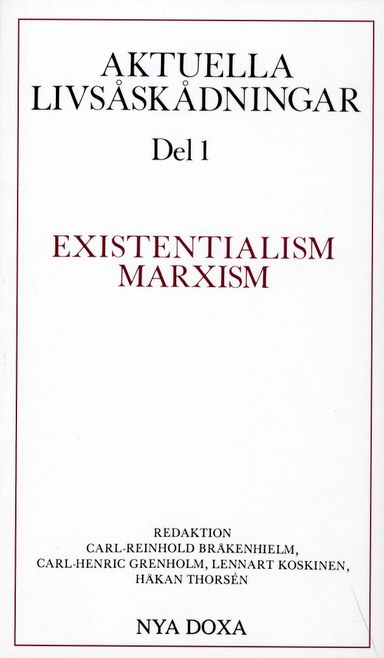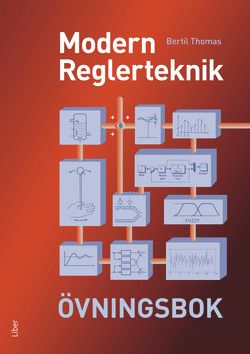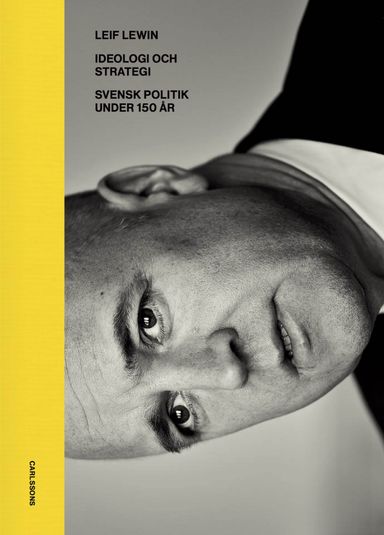

The Great Chain of Being
- Utgiven: 2010
- ISBN: 9780674361539
- Sidor: 400 st
- Förlag: Harvard University Press
- Format: Häftad
- Språk: Engelska
Om boken
From later antiquity down to the close of the eighteenth century, most philosophers and men of science and, indeed, most educated men, accepted without question a traditional view of the plan and structure of the world. In this volume, which embodies the William James lectures for 1933, Arthur O. Lovejoy points out the three principles--plenitude, continuity, and graduation--which were combined in this conception; analyzes their origins in the philosophies of Plato, Aristotle, and the Neoplatonists; traces the most important of their diverse samifications in subsequent religious thought, in metaphysics, in ethics and aesthetics, and in astronomical and biological theories; and copiously illustrates the influence of the conception as a whole, and of the ideas out of which it was compounded, upon the imagination and feelings as expressed in literature.
Åtkomstkoder och digitalt tilläggsmaterial garanteras inte med begagnade böcker
Mer om The Great Chain of Being (2010)
I september 2010 släpptes boken The Great Chain of Being skriven av Arthur O Lovejoy. Den är skriven på engelska och består av 400 sidor. Förlaget bakom boken är Harvard University Press.
Köp boken The Great Chain of Being på Studentapan och spara uppåt 29% jämfört med lägsta nypris hos bokhandeln.
Referera till The Great Chain of Being
Harvard
Lovejoy, A. O. (2010). The Great Chain of Being. Harvard University Press.
Oxford
Lovejoy, Arthur O, The Great Chain of Being (Harvard University Press, 2010).
APA
Lovejoy, A. O. (2010). The Great Chain of Being. Harvard University Press.
Vancouver
Lovejoy AO. The Great Chain of Being. Harvard University Press; 2010.
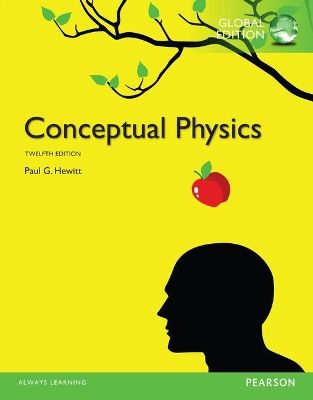
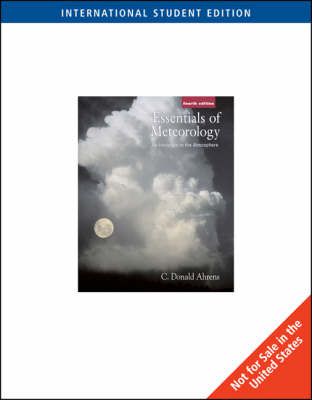
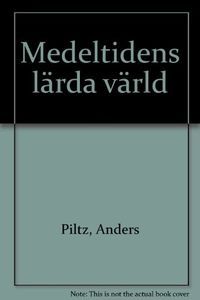

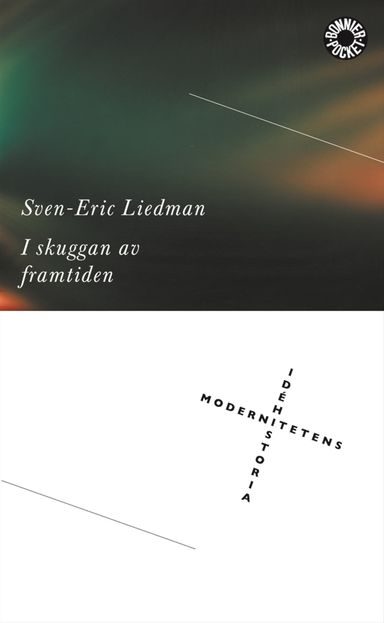
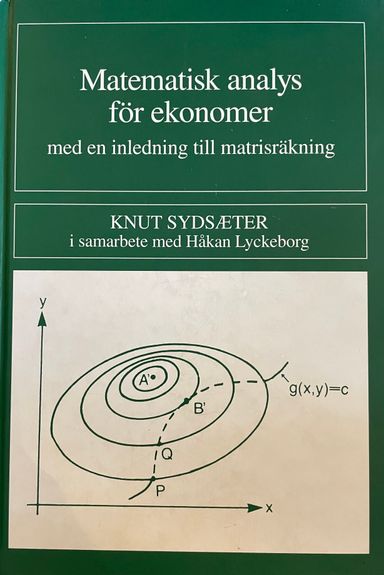






![Consciousness and society : [the reorientation of European social thought 1890-1930]](/images/size:384:0/asset/book-cover/consciousness-and-society-the-reorientation-of-european-social-thought-1890-1930-9780855276881)
